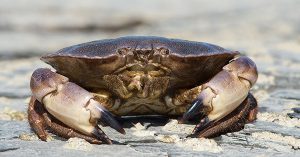
Study: Pyridine is ‘highly toxic’ to crabs and caused 2021 die-off
A Newcastle University study found that pyridine is 'highly toxic' to crabs and is the chemical responsible for crab and lobster die-offs in the United Kingdom.
The U.S. Interagency Working Group on IUU Fishing, composed of 21 federal agencies, released a wide-reaching national five-year strategy.

A Newcastle University study found that pyridine is 'highly toxic' to crabs and is the chemical responsible for crab and lobster die-offs in the United Kingdom.
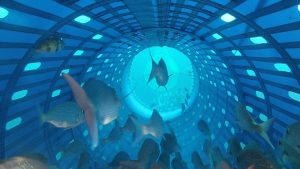
Precision Seafood Harvesting’s novel reimagining of commercial fishing nets provides innovative solutions to both bycatch and animal welfare issues.

GOAL 22: Cruz Foam’s biodegradable packaging foam made with shrimp shells is a finalist for GSA’s inaugural Global Fisheries Innovation Award.
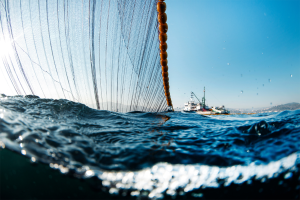
GOAL 2022: The North Atlantic Pelagic Advocacy Group, led by Dr. Tom Pickerell, is a finalist for GSA’s inaugural Global Fisheries Innovation Award.
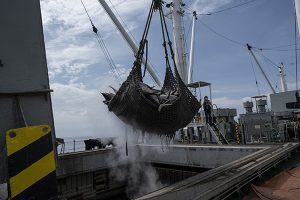
To curb IUU fishing, an intergovernmental forum on fisheries and aquaculture has endorsed new voluntary transshipment guidelines.
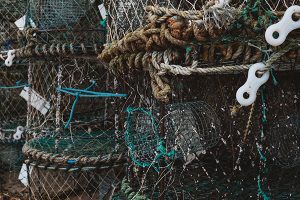
The Environmental Defense Fund has released a new toolkit to help fishing communities and partners build climate change resilience.
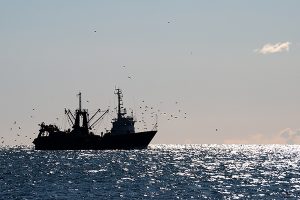
A new study has identified “actionable recommendations” to help U.S. fisheries adapt to climate change and improve climate resilience.
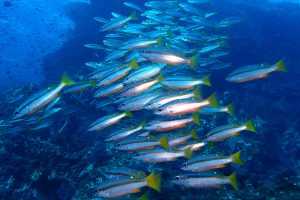
Can seeding the ocean with iron spur phytoplankton growth? Will protecting migration routes save fish stocks? Exploring new ways to safeguard fisheries.
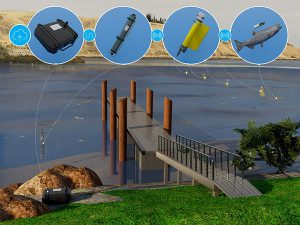
PNNL researchers have developed a new acoustic receiver that sends near-real-time fish tracking data to the digital cloud.
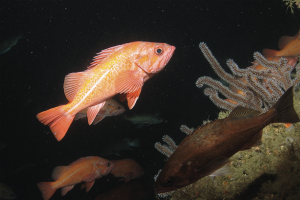
Management of fisheries in Alaska, the Pacific Northwest and the Gulf of Maine are starting to be informed by decades’ worth of data collection using remotely operated vehicles and autonomous underwater vehicles.
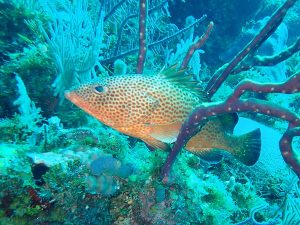
A new study has found that a 30-year marine conservation effort in the U.S. Virgin Islands has aided the recovery of a key fish species.
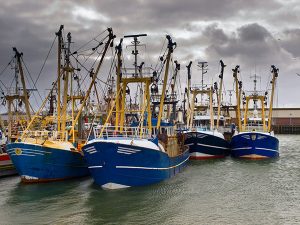
A recent poll found that EU fisheries stakeholders regard global warming as a threat to sustainably managing fisheries in the future.

Researchers aim to predict the success of Marine Protected Areas based on historical fishing pressure and environmental conditions.
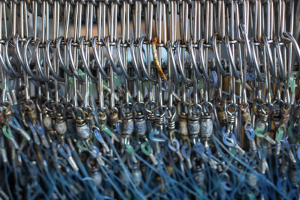
From marine mammal ‘pingers’ to seabird-sparing fishing hooks, commercial fishermen have a growing number of options to prevent fisheries bycatch.
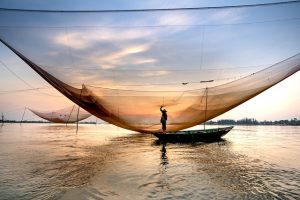
A new study is warning about the effects of climate change on fishing and agriculture in tropical coastal communities.